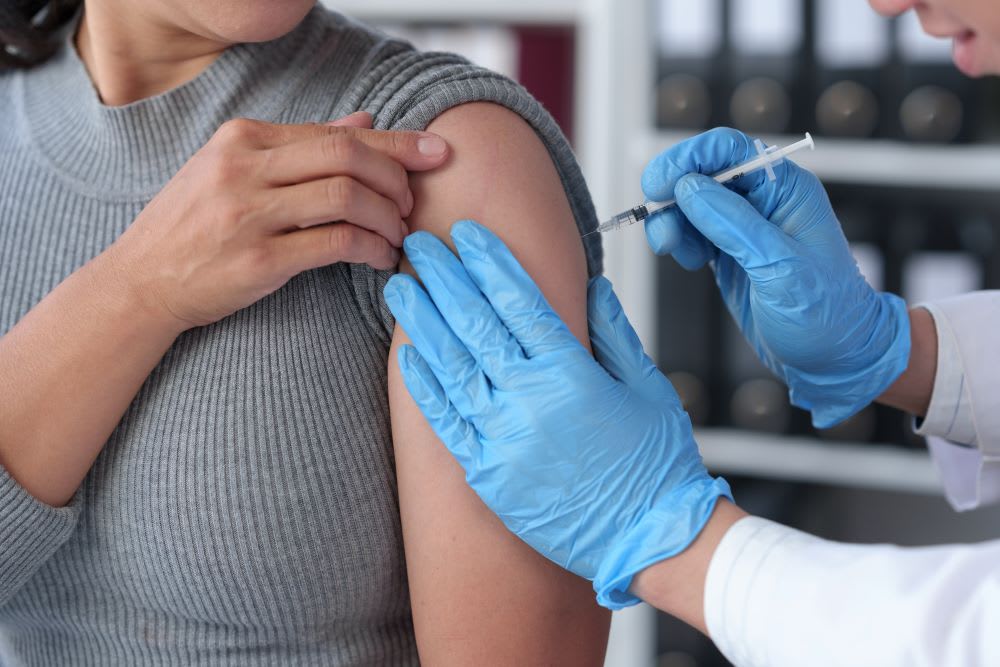Alcoholism’s Effects on Women
Published: April 19, 2016l
By: Carolyn Couture, MD, Internal Medicine at Stamford Health Medical Group
Alcoholism is a disease of the brain characterized by a strong compulsion to drink, loss of control in stopping once drinking has begun, and physical withdrawal symptoms when drinking has stopped. Both a person’s genetic makeup and his or her environment contribute to the risk of alcoholism. Statistically speaking, 22% of men and 12% of women report binge drinking 3 times a month averaging 5 or more drinks per binge. About 2.5% of women and 4.5% of men meet the diagnostic criteria for alcohol dependence in the past year.
Gender differences in body chemistry and structure cause women to absorb more alcohol and take longer to break down the alcohol and remove it from their bodies. As a result, the immediate effects of alcohol occur more quickly and last longer in women than men. Therefore, it’s more likely that drinking over the long term will more likely damage a woman’s health than a man’s, even if the woman has been drinking less alcohol or for a shorter period of time than a man. Here are some harsh, but true, facts:
SAMHSA, through the US Department of Health and Human Services, locates many substance abuse facilities by state, zip code and county. Additionally, MCCA has excellent inpatient and outpatient programs for both men and women.
Alcoholism is a disease of the brain characterized by a strong compulsion to drink, loss of control in stopping once drinking has begun, and physical withdrawal symptoms when drinking has stopped. Both a person’s genetic makeup and his or her environment contribute to the risk of alcoholism. Statistically speaking, 22% of men and 12% of women report binge drinking 3 times a month averaging 5 or more drinks per binge. About 2.5% of women and 4.5% of men meet the diagnostic criteria for alcohol dependence in the past year.
Gender differences in body chemistry and structure cause women to absorb more alcohol and take longer to break down the alcohol and remove it from their bodies. As a result, the immediate effects of alcohol occur more quickly and last longer in women than men. Therefore, it’s more likely that drinking over the long term will more likely damage a woman’s health than a man’s, even if the woman has been drinking less alcohol or for a shorter period of time than a man. Here are some harsh, but true, facts:
- For women who drink beyond moderation, there may be an increased heart disease risk. In women over the age of 55, moderate alcohol use (defined as 1 drink per day), may lower risk for stroke.
- The risk of ischemic (due to blockage or decreased blood flow) strokes is decreased with moderate alcohol use. The risk of hemorrhagic strokes (leakage of blood vessels in the brain) seems to be higher with any amount of alcohol. Heavy alcohol use also increases the risk of stroke.
- It’s a known fact that the risk of breast cancer is higher with any amount of alcohol consumed.
- Consuming alcohol moderately may decrease diabetes risk. Heavy alcohol use can cause inflammation and destruction of the pancreas. This can impair the ability to secrete insulin and increase the risk of head and neck cancerAlcohol use is associated with an increased risk of binge drinking is associated with an increased risk of becoming a victim of sexual assault.
- Heavy drinking is also associated with increased risk of falls and hip fractures, as well as increased risk of liver disease including liver scarring and liver cancer. Excess drinking also increases risk of insomnia and depression.
SAMHSA, through the US Department of Health and Human Services, locates many substance abuse facilities by state, zip code and county. Additionally, MCCA has excellent inpatient and outpatient programs for both men and women.
Featured Expert/ Author
More Blogs Like This
May 11, 2017


?h=200&iar=0&w=300)

























